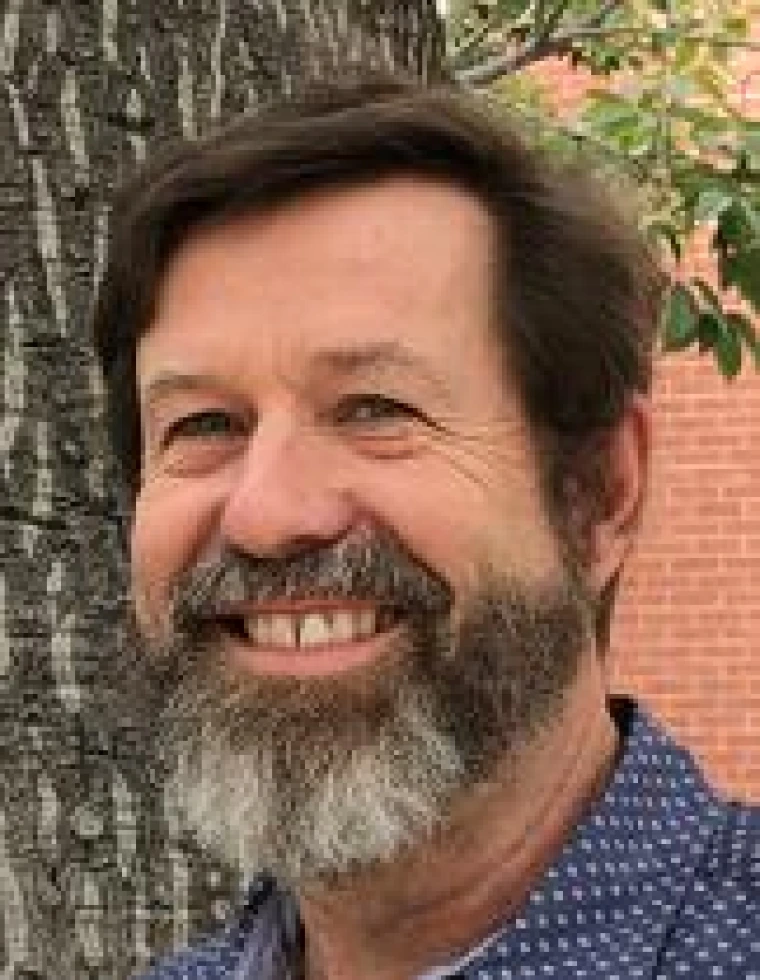
I analyze the phenotypes of plants mutant for individual or multiple receptors and study signaling networks anchored by these receptors, with a specific focus on the transitions between different downstream transcription factor targets. In addition, I am interested in developing approaches to isolate mutants in these receptors to manipulate the architecture and physiological responses of crop plants.
Frans Tax, PhD, understands plants grow as a result of the proliferation of stem cells and the establishment and maintenance of defined developmental fates in progeny cells. The major goal is to elucidate general molecular mechanisms used by plants to specify and maintain cell fates, ranging from stem cells to fully differentiated cell types. Both experimental manipulations and the identification of genes responsible for the maintenance of stem cells and for the establishment and maintenance of differentiated cell fates through forward genetic screens implicate intercellular signaling in these processes.
Because of the important role of intercellular signaling in the differentiation of cells initiating from meristems, studying receptors is one way to dissect these molecular mechanisms. To understand signaling events that take place in development, Dr. Tax analyzes the phenotypes of plants mutant for individual or multiple receptors. His lab has identified key roles for specific receptors during radial patterning in early embryogenesis (Nodine et al., 2007), during the formation of lateral roots (Wierzba and Tax, in preparation), in the formation of fruit organs from stem cells within the fruit (Durbak and Tax, 2011), in the development of vascular tissues (Bryan et al., 2012), and in the process of cell elongation (Li et al., 2002). Future studies will include further analysis of the signaling networks anchored by these receptors, with a specific focus on the transitions between different downstream transcription factor targets. In addition, Dr. Tax is interested in developing approaches to isolate mutants in these receptors to manipulate the architecture and physiological responses of crop plants.

